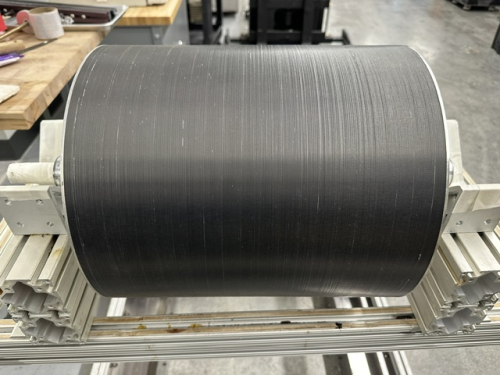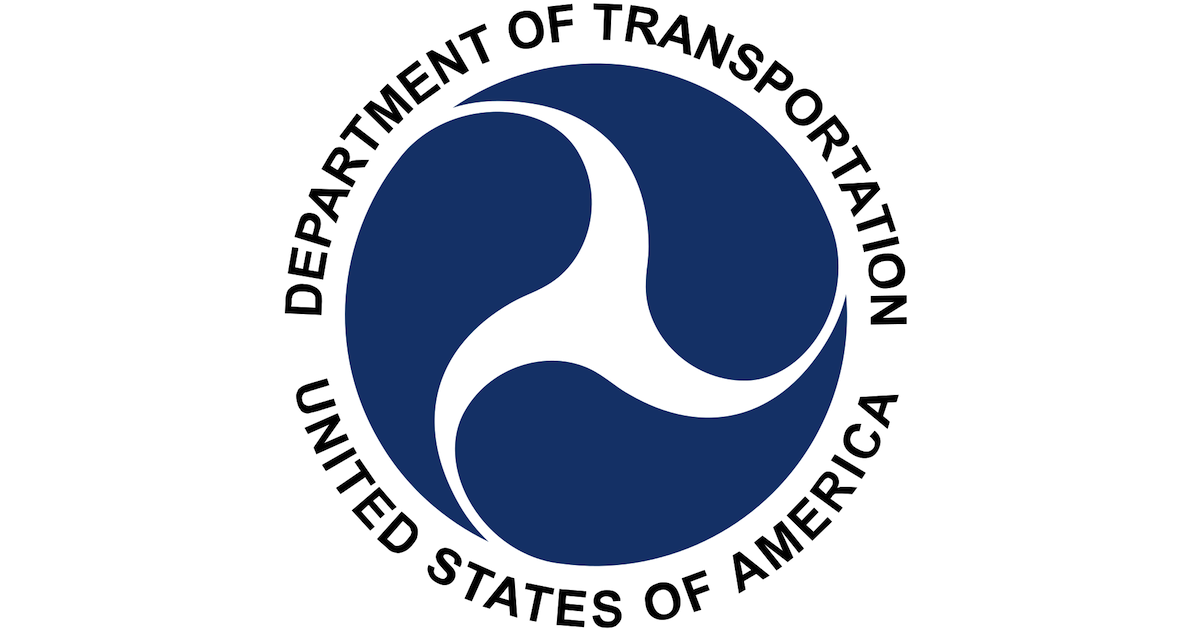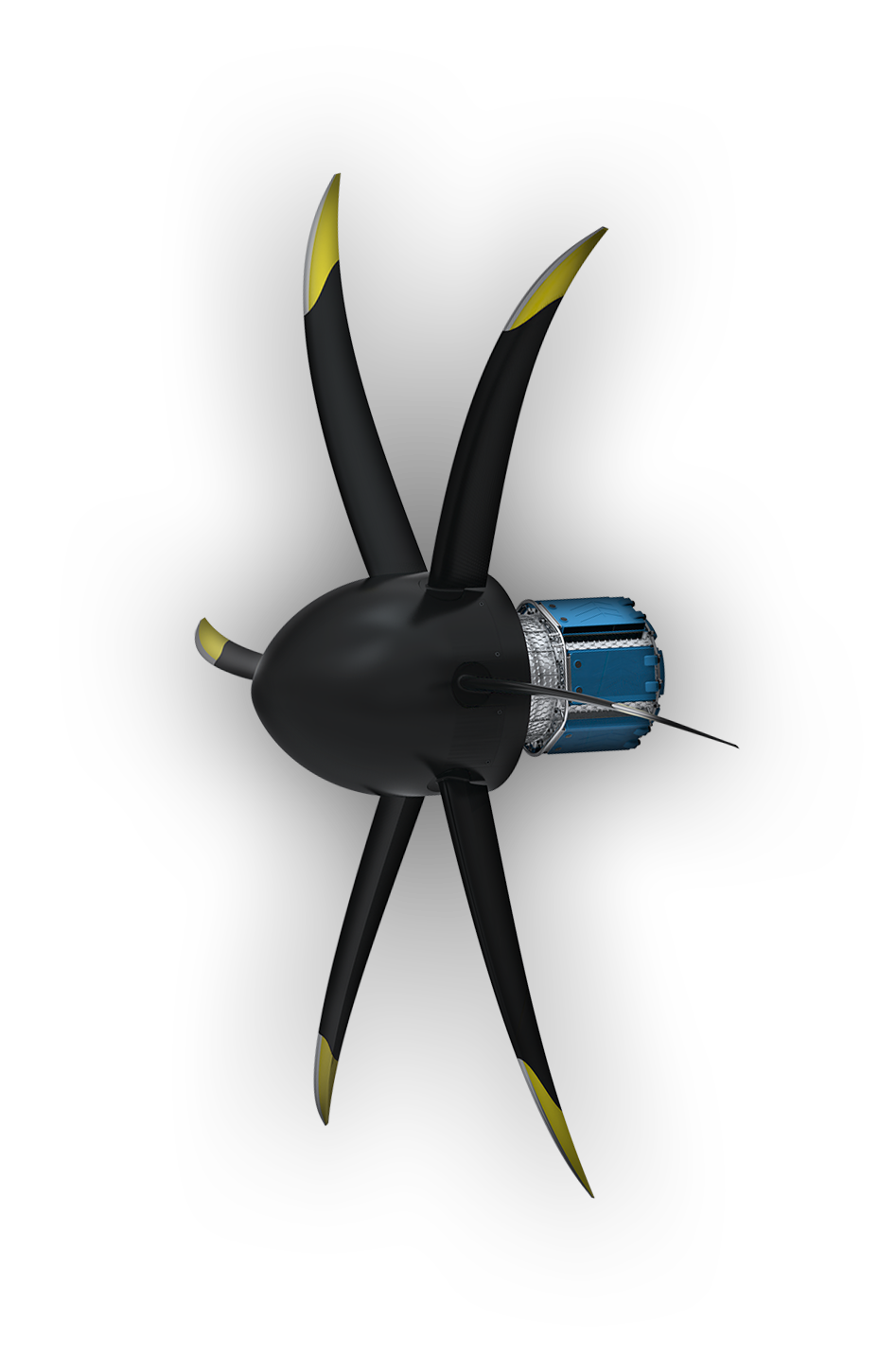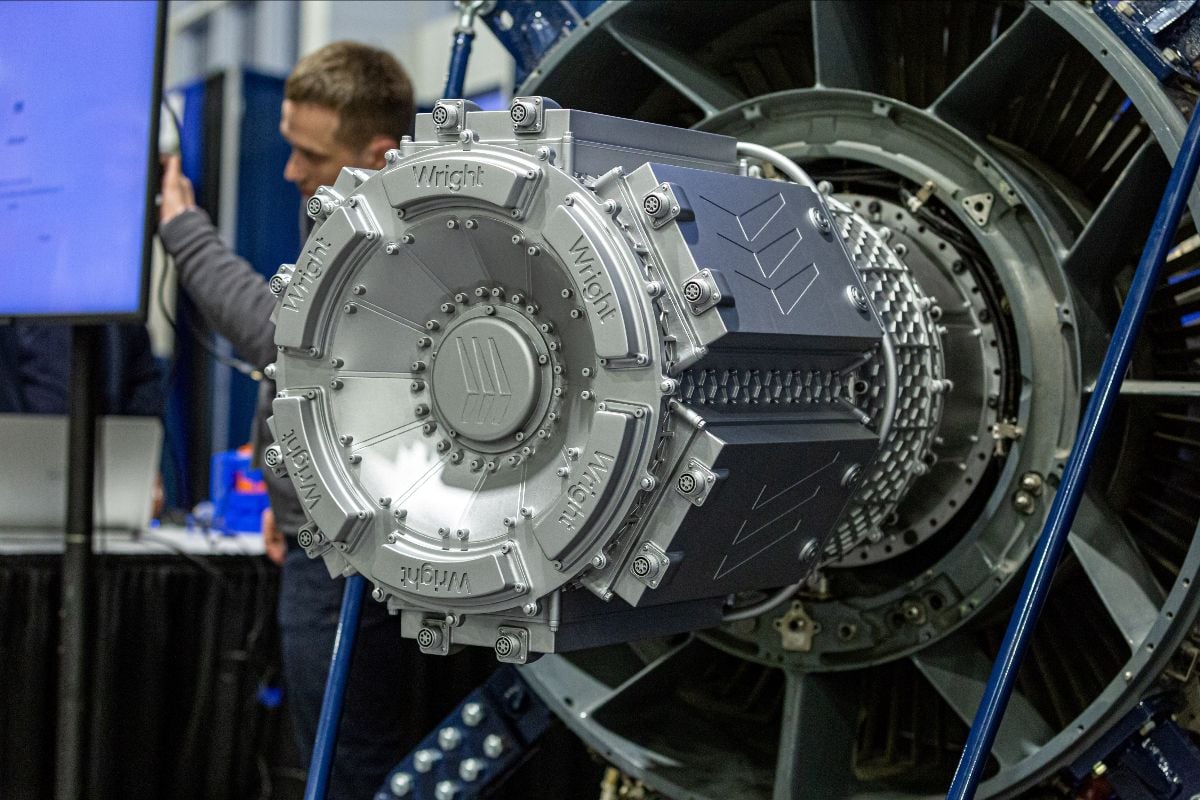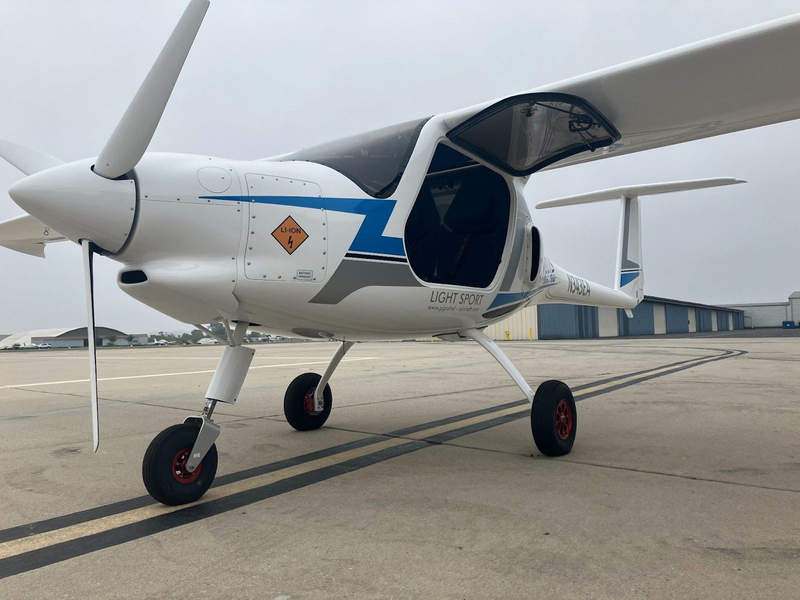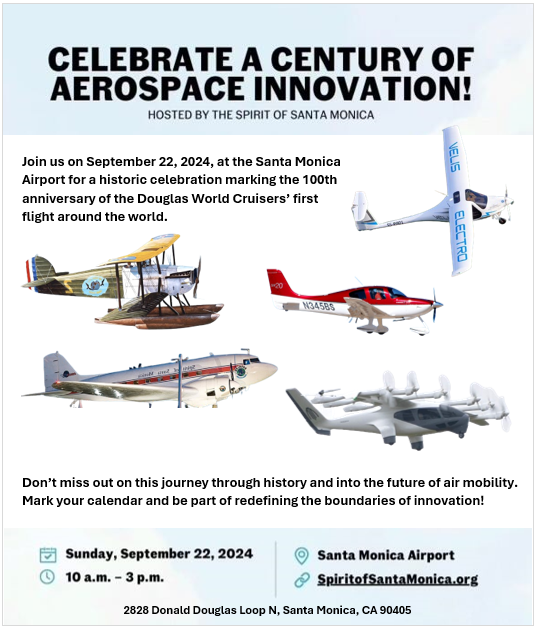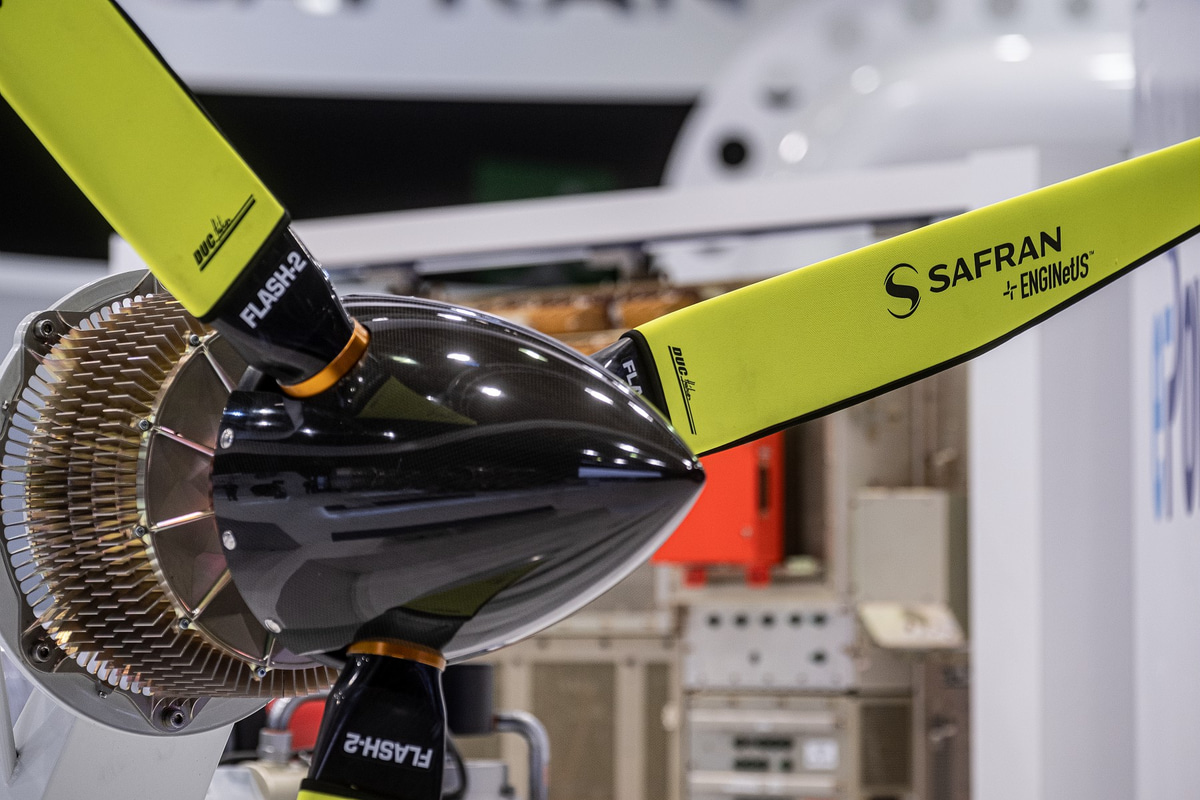
Safran’s EngineUs 100 electric motors do not fit the FAA’s existing 14 Part 33 requirements for aircraft engines, so special conditions are being proposed.
The FAA this week opened a consultation on proposed special conditions for certifying Safran’s EngineUs 100 electric motors. The propulsion systems have been selected for use on multiple new electric and hybrid-electric aircraft, including the nine-passenger eSTOL model being developed by Electra and Bye Aerospace’s eFlyer family.
In a document published on March 20, the U.S. air safety agency said that special conditions will be required since the characteristics of electric engines are not adequately covered by the requirements of the existing 14 CFR Part 33 rules developed for turbine and reciprocating engines. It has given interested parties until April 19 to comment on its proposals for handling the type certification application that France-based Safran Electrical & Power filed back on Nov. 27, 2020…
The FAA this week opened a consultation on proposed special conditions for certifying Safran’s EngineUs 100 electric motors. The propulsion systems have been selected for use on multiple new electric and hybrid-electric aircraft, including the nine-passenger eSTOL model being developed by Electra and Bye Aerospace’s eFlyer family.
In a document published on March 20, the U.S. air safety agency said that special conditions will be required since the characteristics of electric engines are not adequately covered by the requirements of the existing 14 CFR Part 33 rules developed for turbine and reciprocating engines. It has given interested parties until April 19 to comment on its proposals for handling the type certification application that France-based Safran Electrical & Power filed back on Nov. 27, 2020…




